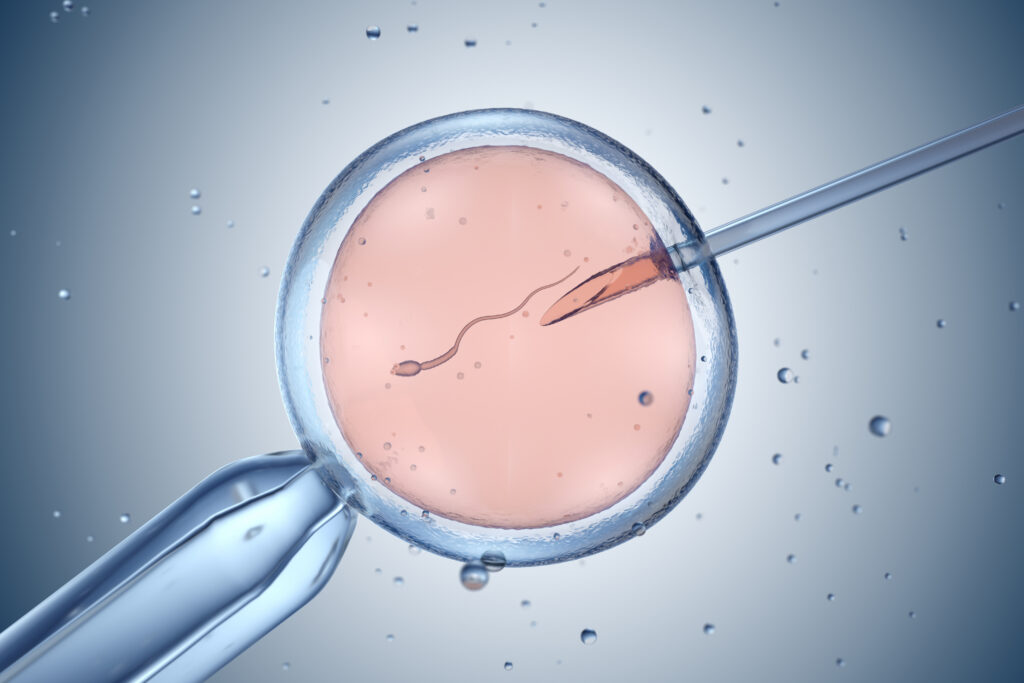Five-Month Abortion Limits: Executive Summaries of Charlotte Lozier Institute Papers
The following are papers published by the Charlotte Lozier Institute in the On Point, American Reports Series, or in a peer-reviewed journal on issues involving 20-week or five-month gestation abortions.
To view as PDF, please see: Five-Month Abortion Limits: Executive Summaries of CLI Papers
The Reality of Late-Term Abortion Procedures1
By Elizabeth Johnson, M.D.
Of interest to the medical, moral, sociological, and political issues surrounding late-term abortion is the question of why women seek abortion after 20 weeks gestation. Abortion rights advocates have long insisted that late abortions are performed primarily in dire circumstances involving threats to a mother’s life or in cases of severe fetal anomaly. In a recent paper published in the journal of the Guttmacher Institute, the authors depart from this claim by acknowledging that “data suggests that most women seeking later terminations are not doing so for reasons of fetal anomaly or life endangerment.” While the Guttmacher paper has numerous limitations, the authors suggest that the characteristics of women seeking first-trimester abortion and late-term abortion are substantially similar. Major influences include: relationship instability, lack of financial means, and higher rates of unemployment.
The Constitutional Viability of Five-Month Abortion Laws2
By Thomas M. Messner, J.D.
Five-month abortion laws restrict abortion at 20 weeks of pregnancy—when an unborn child can feel pain from abortion. Opponents of five-month abortion laws argue they violate the “viability rule” created by the
U.S. Supreme Court. The viability rule provides that government “may not prohibit any woman from making the ultimate decision to terminate her pregnancy before viability.” In most cases viability will occur after 20 weeks of pregnancy. However, the viability rule is unworkable, arbitrary, unjust, poorly reasoned, inadequate, and extreme. The viability rule cannot be justified, especially as applied to five-month laws. In a challenge to a five-month law it is reasonable to conclude that the Court might abandon the viability rule altogether or not apply it to five-month laws.
Gestational Limits on Abortion in the United States Compared to International Norms3
By Angelina Baglini, J.D.
The United States is one of only seven countries in the world that permit elective abortion past 20 weeks gestation. Upholding laws restricting abortion on demand after 20 weeks gestation would situate the United States closer to the international mainstream, instead of leaving it as an outlying country with ultra-permissive abortion policies.
Improving Joyful Lives: Society’s Response to Difference and Disability4 By Mark Bradford
As technologies of prenatal screening and diagnosis become more sophisticated, Down syndrome provides an initial test of how society will respond to difference and disability. Peer support, as well as accurate and balanced information that exposes the positive experiences of those with Down syndrome and their families, can influence a woman’s choice regarding whether to continue her pregnancy. Therefore, it is critical that federal and state laws be expanded to require that this information be provided upon receiving a prenatal diagnosis of Down syndrome. While research to improve the lives of those living with Down syndrome has progressed rapidly, federal funding for Down syndrome research lags considerably behind other similar genetic disorders.
Twenty-Week Bans Raise Issue of Disability Discrimination Abortion5
By Charles A. Donovan and Thomas M. Messner
Twenty-week abortion bans shine light on the practice of disability discrimination abortion. Elective abortion occurs when a pregnant woman does not want to have a child. Disability discrimination abortion occurs when a particular child, initially wanted, is aborted because that child has a disability. Disability discrimination abortion is similar to gender discrimination abortion, which is when a particular child is aborted because that child is a boy or is a girl. If most disability discrimination abortions occur after 20 weeks gestation, then laws prohibiting abortion after 20 weeks gestation, except for medical emergencies not including fetal disabilities, will have the effect of banning most disability discrimination abortions.
Psychological Impact of Abortion due to Fetal Anomaly: A Review of Published Research6
By Nora Sullivan, MPA, and Eoghan de Faoite, MD
Diagnoses of severe life limiting conditions are typically made following the 20-week gestation ultrasound. Most women who learn of a severe anomaly during pregnancy elect to terminate. The authors reviewed 10 studies which examined the psychological sequelae of pregnant women following prenatal diagnoses of severe life limiting conditions. Based on the available data, the authors found evidence that women who abort due to a poor prenatal diagnosis are at higher risk of post-traumatic stress and depression than woman who continue with pregnancy. They also found that current practice is to make reactive recommendations for post-abortion care, suggesting a presumption in favor of abortion, leaving alternatives like perinatal hospice inadequately explored.

The mission of the Charlotte Lozier Institute is to promote deeper public understanding of the value of human life, motherhood, and fatherhood, and to identify policies and practices that will protect life and serve both women’s health and family well-being. Our profound conviction is that the insights available through the best science, sociology and psychology cannot help but demonstrate that each and every human is not only “fearfully and wonderfully made” but blessed to be born at this time in human history.
- https://www.lozierinstitute.org/the–reality–of–late–term–abortion–procedures/
- https://www.lozierinstitute.org/the–constitutional–viability–of–five–month–abortion–laws/
- https://www.lozierinstitute.org/internationalabortionnorms/
- https://www.lozierinstitute.org/improving–joyful–lives–societys–response–to–difference–and–disability/
- https://www.lozierinstitute.org/twenty–week–bans–raise–issue–of–disability–discrimination–abortion–2/
- https://www. lozierinstitute.org/issues-in-law-and-medicine-spring-2017-summaries/
























